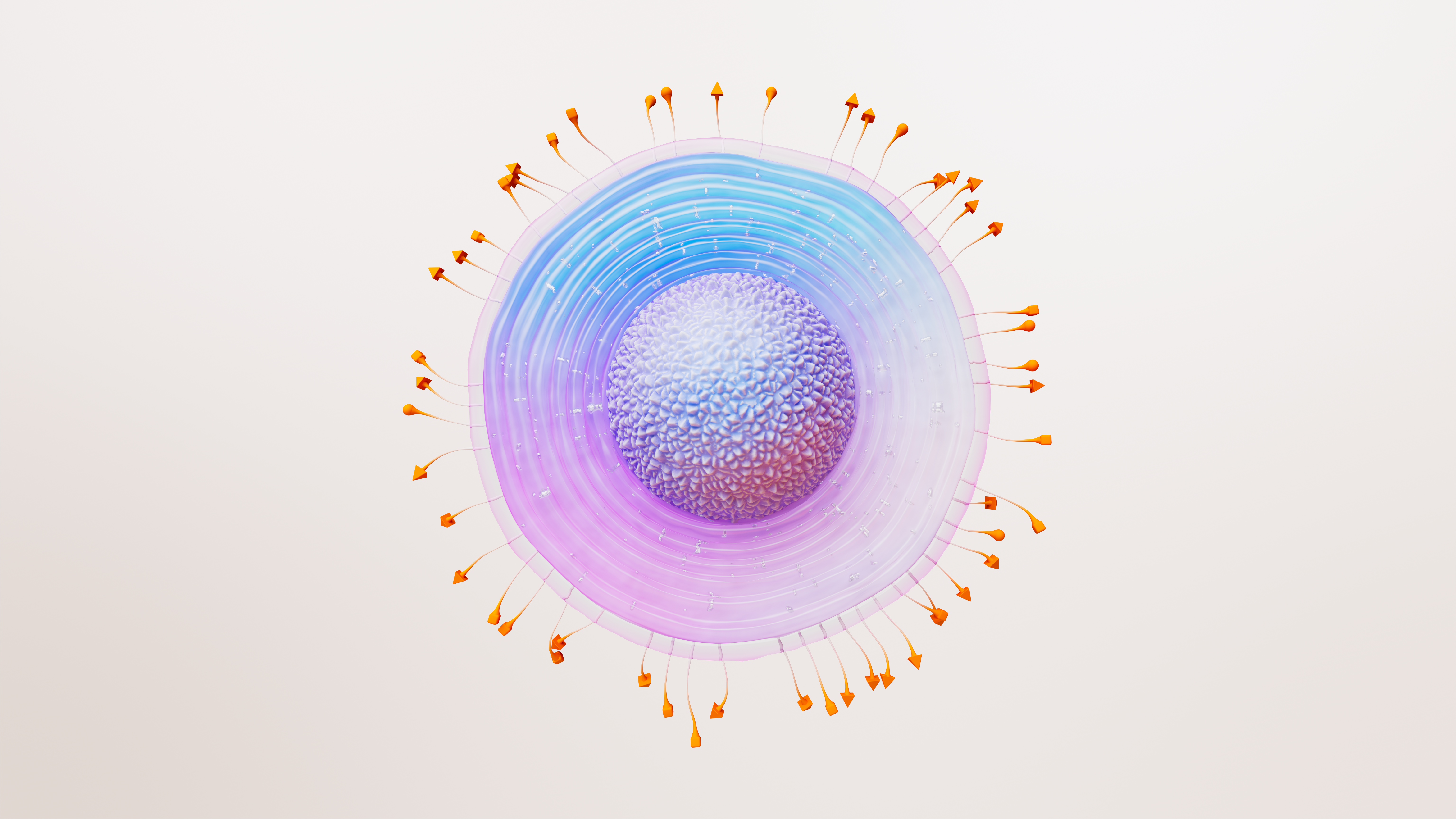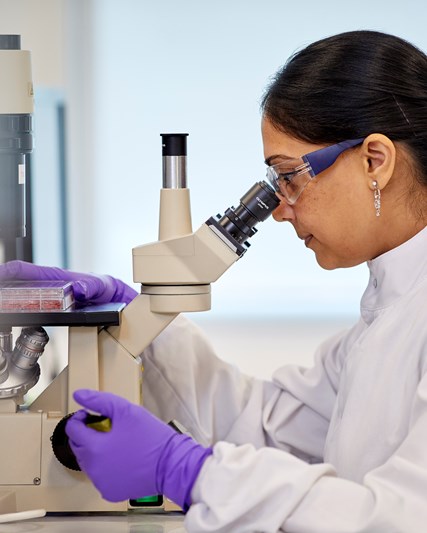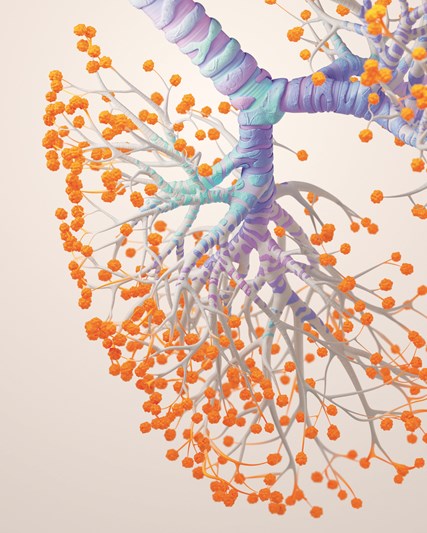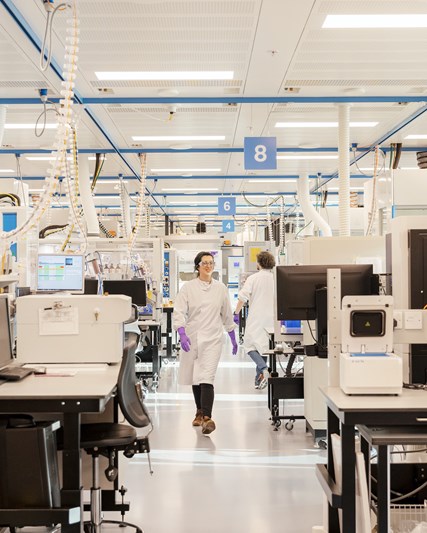People don’t have to look, feel, or act their age, but the fact is that as the human body ages, the immune system declines in strength, increasing the risk of infection.
The global population is rapidly aging. Today – for the first time in human history – there are more adults over 65 years of age than children under five. According to the United Nations (UN), the proportion of people over 65 will almost double between 2019 (9%) and 2050 (16%).
The UN Decade of Healthy Ageing (2021–2030), prompted by global demographic trends and an urgency to respond to critical policy issues, is a global collaboration that brings together diverse sectors and stakeholders to improve the lives of current and future generations of older people.
‘Healthy ageing’ describes the process of developing and maintaining physical, mental and social ability to enable wellbeing in older age.
“Most people understand the importance of a healthy diet and regular exercise to improve and maintain their functioning, including mobility,” says Dr Jane Barratt, Secretary General of the International Federation on Ageing (IFA).
“However, many are far less aware that as we grow older there is a natural weakening of our immune system, which makes it increasingly difficult to fight infection and recover from illness.”
So, what happens to the immune system as the body ages?
“The immune system is the body’s ultimate weapon when it comes to fighting and preventing disease and infection,” Dr Yan Sergerie, director and global medical portfolio lead for adult immunisation at GSK, explains. “But as we age, our immune system undergoes a series of changes that impact its effectiveness.”
In new-borns, the immune system is immature, leaving them more susceptible to infections. From childhood to adulthood, the immune system develops and increases in strength, learning from exposure to infectious agents and building immune memory that enables the body to fight off infections more easily – a concept called “immune fitness”.
From the age of about 20 onwards, the immune system begins to change gradually in a process known as age-related decline in immunity, or more formally as immunosenescence. The resilience built in youth gradually depletes until around 50 years of age, when the risk of infection and more serious outcomes starts to become more and more obvious.
“As people are living longer,” Dr Barratt adds, “it is vital that they are well informed and understand the risks of infectious diseases, such as shingles, influenza, and pneumonia, and support themselves to age healthily. We can enjoy and accomplish more in our later years when we take steps to maintain and improve our function and quality of life.”
While weakened immune systems can make people more susceptible to diseases in general, this is especially true for infectious diseases that hit older people especially hard, such as COVID-19, shingles, influenza, pneumococcus, and RSV (respiratory syncytial virus). As the body ages, the complications from diseases like RSV can also be more severe.
It’s important to note that infectious diseases can be a major cause of morbidity (suffering) and mortality (death) in older adults, not only due to the primary infection, but also because they have the potential to trigger other serious long-term health consequences. For example, infections caused by the influenza virus and shingles have been known to increase the risk of cardiovascular and neurovascular complications (for example, heart attack and stroke) in the months following acute infection.
“The COVID-19 pandemic is a stark reminder that increasing age is a risk factor to serious, life-threatening infectious diseases,” Dr Barratt continues.
“However, this is not a new phenomenon, nor is it limited to COVID-19, as the tripledemic of influenza, RSV and COVID-19, and complications such as pneumonia has reminded us in the winter of 2022 and 2023 burdening our healthcare systems with high demands for care.”
Partly due to the success of child immunisation programmes, diseases that traditionally impacted children are now becoming relatively more prevalent in older age groups. Data from an Australian study showed the prevalence of whooping cough (pertussis) in children under 18 years decreased from 63.2% in 1993, to 10.8% in 2005. Meanwhile in adults aged 65 years and over, prevalence increased from 3.8% to 13.2% in the same timeframe.
Some infections from childhood can also re-emerge later in life as the immune system weakens.
Shingles, also known as herpes zoster (HZ), is a painful and blistering rash caused by a reactivation of the varicella zoster virus (VZV) - the same virus that causes chickenpox. Globally, over 90% of adults over the age of 50 years have been exposed to chickenpox, and therefore carry the virus that causes shingles – it can reactivate at any time.
Shingles is not just debilitating in the short term, but can also lead to complications, including long-lasting nerve pain which occurs in 10-18% of cases. It is particularly important for people over the age of 50 to be aware that – due to the natural age-related decline of the immune system – they are at higher risk of developing shingles.

The good news is that new advances in science mean that strategies are emerging to help protect and preserve health.
“Within the scientific community, as our understanding of the immune system grows, we can apply that knowledge to the development of solutions not only for specific diseases, but also for specific populations according to their needs,” says Dr Phil Dormitzer, the global head of vaccines research and development at GSK.
“For instance, for some diseases, combining antigens (substances that the immune system reacts to) with adjuvants (substances that modify the immune system’s reaction to an antigen) can help elicit a stronger immune response to vaccination, which is important for those populations impacted by age-related decline in immunity.”
There are also steps individuals can take to minimise risk of infection as the body ages.
Healthy habits include a balanced diet, regular exercise, sleeping well, and keeping stress levels low - all of which are important for maintaining a healthy immune system.
Therefore, Dr Sergerie recommends: “As people and their immune systems age, it is increasingly important that they check in with their healthcare professional regularly for up-to-date guidance on the steps they can take to safeguard their health through diet, exercise, health screenings and other healthy behaviours.”





